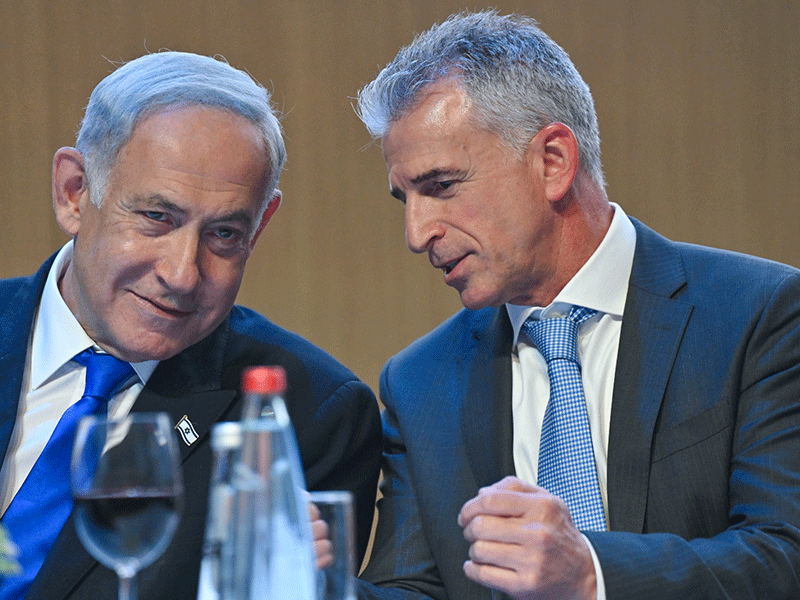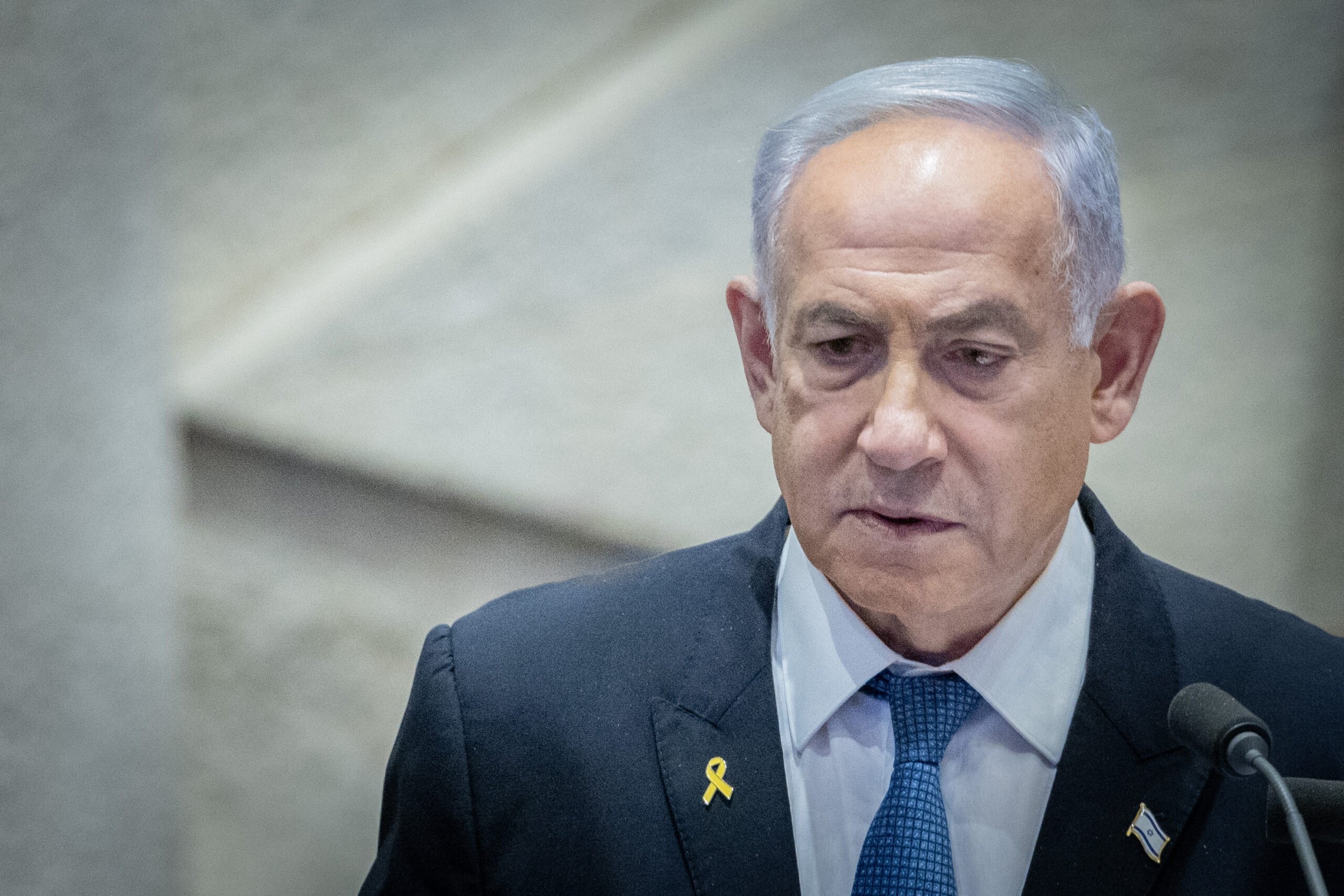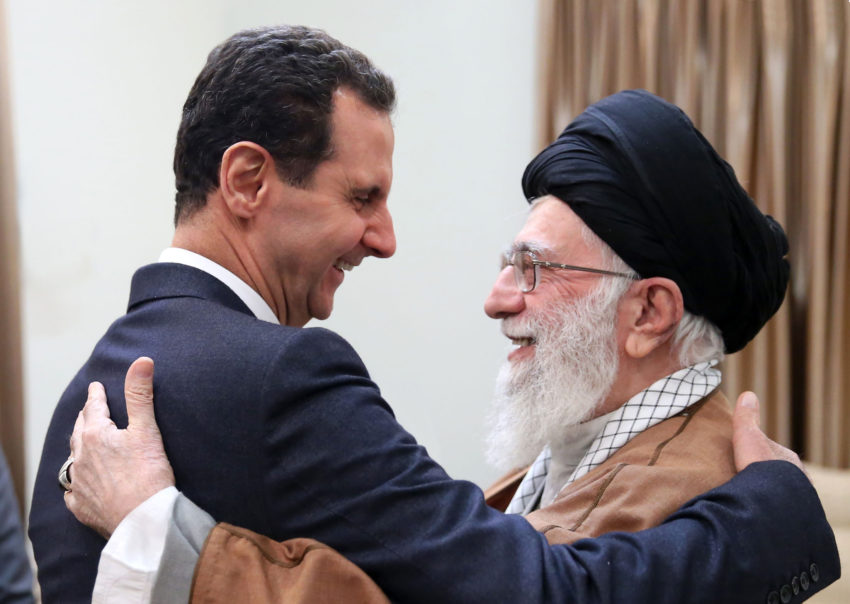ARTICLE AD BOX
As Turkey doubles down on its Islamist agenda, the Kurds remain one of the region’s few forces pushing in the opposite direction.
By Gregg Roman, Middle East Forum
In 2014, as Syria descended into chaos, the United States made a pragmatic decision. Section 1209 of the National Defense Authorization Act authorized the Pentagon to arm and train vetted Syrian opposition groups.
The Kurdish-led Syrian Democratic Forces (SDF) emerged as Washington’s most reliable partner. With U.S. support, the Kurds dismantled the Islamic State’s territorial caliphate, safeguarded minorities, and created a pocket of stability in an otherwise fractured Syria.
Today, Syria looks very different. President Bashar al-Assad has fled to exile in Russia. Hay’at Tahrir al-Sham (HTS), a group the United States previously designated as a terrorist organization, has seized control of Damascus and now governs 70 percent of Syria.
Turkey is HTS’s primary backer, funding and arming its militias. Ankara uses these Sunni Islamist proxies to merge its regional ambitions with their extremist ideologies.
Washington has signaled a shift in its approach to HTS to accommodate the group’s newfound political role. But while Washington’s strategy evolves, commitment to the Kurds should remain steadfast.
This year, Congress reauthorized support for the Syrian Democratic Forces in the 2025 National Defense Authorization Act. The Knesset should follow suit. Israel should arm and assist the Kurds, to turn them into a cornerstone of its regional strategy.
Under President Recep Tayyip Erdoğan, Turkey has emerged as the Middle East’s most disruptive actor. Turkey’s proxies, many with documented ties to extremist groups, represent a direct threat to Israel’s security.
Their ideology—hostile to liberalism and supportive of radical Islamism—mirrors the currents that have fueled decades of instability in the region.
Ankara’s ambitions do not stop at Syria. Erdoğan has positioned himself as a patron of Hamas, providing political support and hosting its leaders in Turkey.
His rhetoric against Israel has grown more incendiary, targeting not just policies but the state’s legitimacy.
Through its actions in Syria and beyond, Turkey is undermining Israel’s security and reshaping the region in ways that demand a response.
As Turkey doubles down on its Islamist agenda, the Kurds remain one of the region’s few forces pushing in the opposite direction.
The Syrian Democratic Forces govern northeastern Syria with a commitment to secularism, women’s rights, and minority protection—values that resonate with Israel’s democratic ethos.
These same forces proved their mettle in the fight against the Islamic State.
The geography under Kurdish control amplifies their importance. The territory includes fertile farmland, critical water resources, and oil reserves.
Beyond its intrinsic value, this land forms a buffer against Turkey’s encroachment and Iran’s efforts to extend its influence through southern Syria.
For Israel, the Kurds offer not just a philosophical alignment but also a strategic advantage.
Israel and the Kurds are natural allies. Both are minorities navigating hostile regions, forced to build institutions and defend their people against existential threats.
The United States’ support for the Kurds offers a model for what Israel can achieve.
For years, Washington’s provision of military training, equipment, and financial assistance to the Syrian Democratic Forces has demonstrated the benefits of investing in reliable partners.
The Knesset should authorize a similar program to arm and assist the Kurds, providing weapons, intelligence support, and diplomatic advocacy.
Such a partnership could counter Turkish aggression, disrupt Iranian expansion, and bolster one of the region’s most capable allies.
Critics may fret this would antagonize Turkey, but Erdoğan’s hostility toward Israel is already well-established. His embrace of Hamas and his Islamist agenda leave no room for détente.
Failing to support the Kurds would not placate Ankara; it would embolden it. Weakness invites aggression, while strength earns respect. Supporting the Kurds signals that Israel will not allow Turkey to destabilize the region unchecked.
More importantly, failing to act risks ceding northern Syria to forces hostile to Israel. Allowing Turkish proxies to dominate northern Syria weakens Israel’s strategic position and paves the way for greater instability.
An open Israeli investment in the Kurds would send a message to Turkey and Iran that Israel will not sit idly by as they seek to dominate the region.
Seizing such opportunities requires clear vision, courage, and a willingness to embrace the uncertain for the sake of the possible. Supporting the Kurds is not just a strategic imperative; it is a moral one.
In a region defined by shifting alliances and constant threats, reliable allies are the exception, not the rule. The Kurds have proven they are the exception. Sometimes the simplest choices are the most important.

 3 days ago
15
3 days ago
15









 English (US) ·
English (US) ·